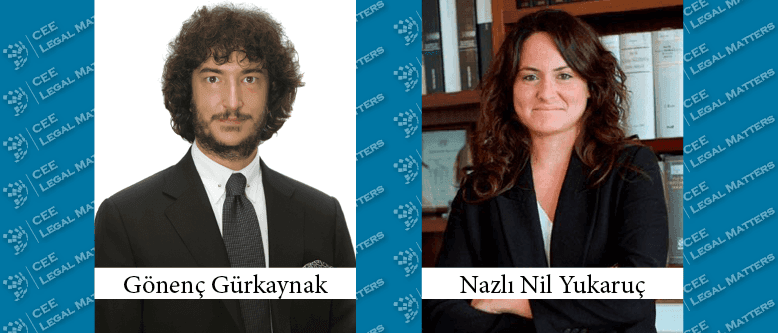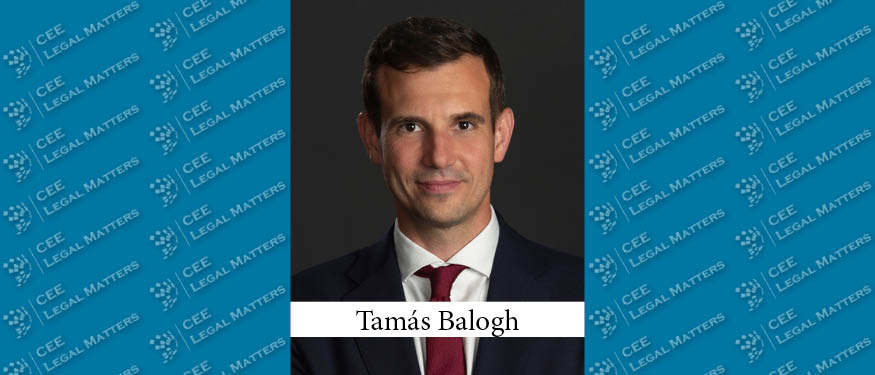In Turkey, digitalization in corporate law practice has been significantly and gradually increasing in the last few years. Provision of digital signature declarations through the Central Registration System (“MERSIS”), making foreign direct investment notifications through the Electronic Incentive Practices and Foreign Capital System (“E-TUYS”) and receiving electronic notifications from the Social Security Institution (“SSI”) are some of the recent examples and developments of this effort. In this article, we will evaluate these current developments and explain significant points that should be taken into consideration for efficiency.
Digital Signature Declarations
Signature declarations were issued through a visit to Turkish notaries public and/or trade registries, before the novelties. The Law on Amendment of Technology Development Zones Law and Certain Other Laws, numbered 7263 and published in the Official Gazette on February 3, 2021, has amended Article 40/2 of the Turkish Commercial Code (“TCC”) by stipulating that signatures of real person merchants and those who are authorized to sign on behalf of legal person merchants will be obtained electronically from databases of public institutions and organizations and recorded in the trade registry file under the central common database. Accordingly, the Communiqué Amending the Communiqué on Signing Articles of Associations at the Trade Registry Offices During Company Incorporations published in the Official Gazette on February 20, 2021 and it elaborated on provision of signature declarations in a digital environment and listed other exceptional circumstances as to acceptance of physical signature declarations.
Digital signature declarations are now obtained from the database of the General Directorate of Civil Registration and Nationality (“CRN”) before application to the trade registry for registration purposes. Turkish citizens who are being appointed as directors or signatories to Turkish entities and who holding new type Turkish identity cards are requested to provide their approval for such appointment through MERSIS by logging into the system. If their digital signature declarations can be successfully obtained from the CRN, they will no longer be required to visit trade registries/ notaries and submit a physical signature declaration. On the other hand, those who do not have a new type Turkish identity card (e.g. Turkish citizens having former version of Turkish identity card or foreign nationals) or whose digital signature samples cannot be obtained from the CRN due to technical obstacles are still required to submit a physical signature declaration to trade registries.
Foreign Direct Investment Notifications through E-TUYS
Foreign investment regime under the Turkish jurisdiction is mainly regulated under the Foreign Direct Investments Law and the Regulation on the Implementation of the Foreign Direct Investment Law.
Pursuant to Article 5 of the Regulation on Implementation of Foreign Direct Investment Law, foreign-capitalized companies and branches should submit the following information to the General Directorate of Incentive Practices and Foreign Capital (“General Directorate”):
- Information as to (i) “foreign investor”, (ii) “list of shareholders” and (iii) “subsidiaries” (if any) should be submitted within 1 (one) month as of registration of the authorized user with the General Directorate.
- Information as to activities of the company should be submitted on annual basis and each year until the end of May at the latest.
- Information as to share capital increase or decrease transactions should be submitted within 1 (one) month as of realization of the share capital increase/decrease.
- Information as to payments made due to share capital increase or share transfer transactions should be submitted within 1 (one) month as of realization of the share capital increase or share transfer.
- Information as to share transfer transactions should also be submitted within 1 (one) month as of realization of the share transfer.
In order to file notifications regarding the foregoing, each foreign-capitalized company should appoint a user on their behalf and this person should be registered with the Electronic Incentive Practices and Foreign Capital System (“E-TUYS”) first. For the appointment, necessary documentation should be sent to the General Directorate through registered electronic mail address (“KEP”) of the company. The user may be an authorized signatory of the company or a third party designated for this task. Once the appointment process is completed, E-TUYS notifications can be made through electronic signature of the user.
Receiving Electronic Notifications from the SSI
On September 24, 2021, the Regulation on the Electronic Notification by the Social Security Institution (“Regulation”) has been published in the Official Gazette numbered 31608. The purpose of this Regulation is to determine the procedures and principles regarding the notification processes to be made in electronic environment by the SSI. Accordingly, the SSI published a Circular No. 2021/38 (“Circular”) on November 10, 2021 and included detailed explanations regarding implementation of the Regulation.
In accordance with the Regulation and Circular, ones responsible for obtaining an electronic notification address are as follows: (i) legal entity employers who started to employ individuals deemed to be insured (those employed by one or more employers with a labor contract) before October 1, 2021 and continued to employ insurance holders after October 1, 2021 and (ii) legal entity employers who started to employ persons deemed to be insured for the first time after October 1, 2021. As per announcement of the SSI dated December 11, 2021, the employers fall under the foregoing criteria must obtain their electronic notification addresses until January 31, 2022.
Pursuant to the Circular, electronic notification address application can only be made through e-Government Gateway account of a person who has been registered with the trade registry and MERSIS as an authorized signatory or the SSI workplace registration record.
However, it should be noted that foreign nationals are unable to log in e-Government Gateway Portal. Therefore, employers, officials/authorized signatories of which are all foreign nationals, are technically unable to obtain electronic notification address. Therefore, these companies will continue to receive notifications from the SSI physically until new methods are made available.
Given the fact that e-Government Gateway Portal is available for Turkish citizens only and content of e-Government Gateway Portal and notifications of the SSI are only in Turkish language, authorizing a Turkish person would be efficient in order to receive the notifications in a digital environment.
Conclusion
Turkish corporate law requirements usually necessitate execution of a great number of documentation. With the help of digitalization, it is eventually aimed and expected to reduce volume of documentation as much as possible and complete the many legal steps in an online environment. The foregoing developments are appropriate examples to these purposes. Digitalization also makes a great contribution to time efficiency and security of the processes, and it reduces forgery risks on the documentation. Adaption to digitalization in Turkish corporate law is consistently supported with the regulatory novelties. It is expected by that many other corporate processes (e.g. company incorporation, trade registry applications, issuance of powers of attorneys etc.) can be easily and swiftly handled online without necessity of physical documentation in the near future. Once the digital systems are made available to use of foreign nationals with the English language preference as well, more companies, foreign investors and individuals will be able to utilize from these systems.
By Gonenc Gurkaynak, Partner, Nazli Nil Yukaruc, Partner, Selen Ermanli Sakar, Senior Associate, and Nisa Aybuke Eroglu, Associate, ELIG Gürkaynak Attorneys-at-Law
















